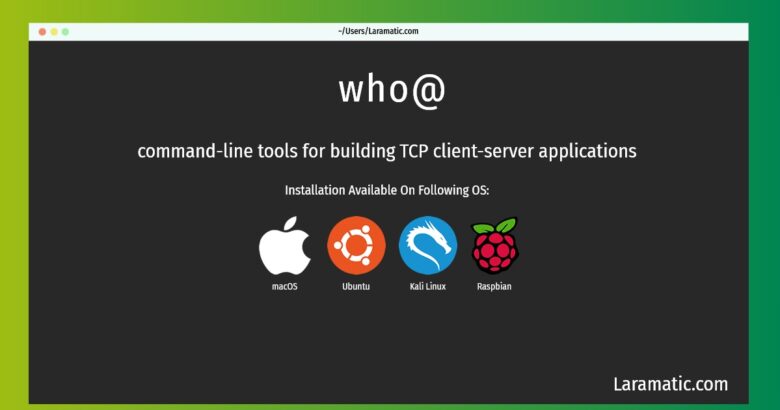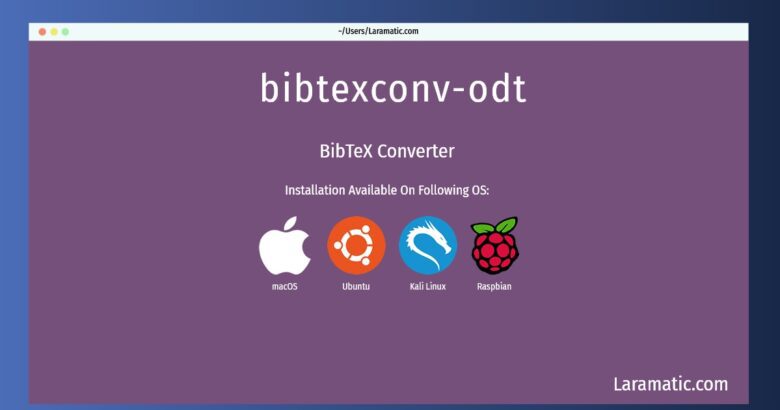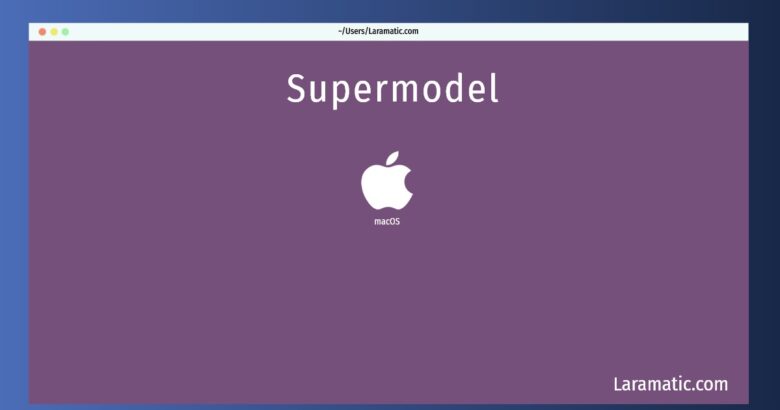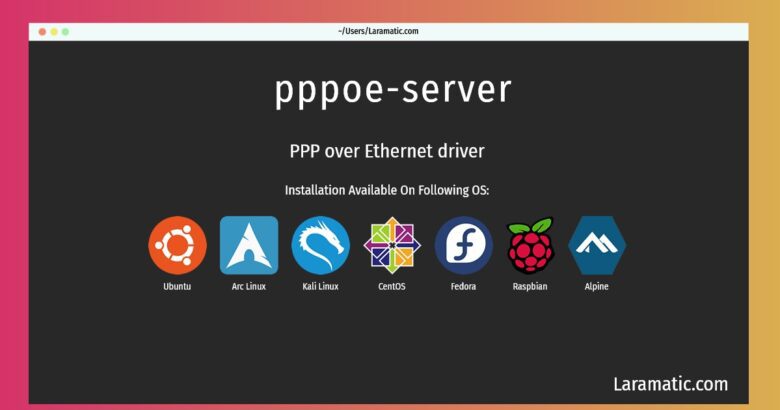Us Installation On A Debian, Ubuntu, Kali, Fedora And Raspbian
Install us
-
Debian
apt-get install sptkClick to copy -
Ubuntu
apt-get install sptkClick to copy -
Kali Linux
apt-get install sptkClick to copy -
Fedora
dnf install unicornscanClick to copy -
Raspbian
apt-get install sptkClick to copy
sptk
speech signal processing toolkitThe Speech Signal Processing Toolkit (SPTK) is a suite of speech signal processing tools for UNIX environments developed by the SPTK working group and some graduate students in Nagoya Institute of Technology.
unicornscan
Userland distributed TCP/IP stackUnicornscan is a new information gathering and correlation engine built for and by members of the security research and testing communities. It was designed to provide an engine that is Scalable, Accurate, Flexible, and Efficient. It is released for the community to use under the terms of the GPL license. Benefits: Unicornscan is an attempt at a User-land Distributed TCP/IP stack. It is intended to provide a researcher a superior interface for introducing a stimulus into and measuring a response from a TCP/IP enabled device or network. Although it currently has hundreds of individual features, a main set of abilities include: - Asynchronous stateless TCP scanning with all variations of TCP Flags. - Asynchronous stateless TCP banner grabbing - Asynchronous protocol specific UDP Scanning (sending enough of a signature to elicit a response). - Active and Passive remote OS, application, and component identification by analyzing responses. - PCAP file logging and filtering - Relational database output - Custom module support - Customized data-set views







